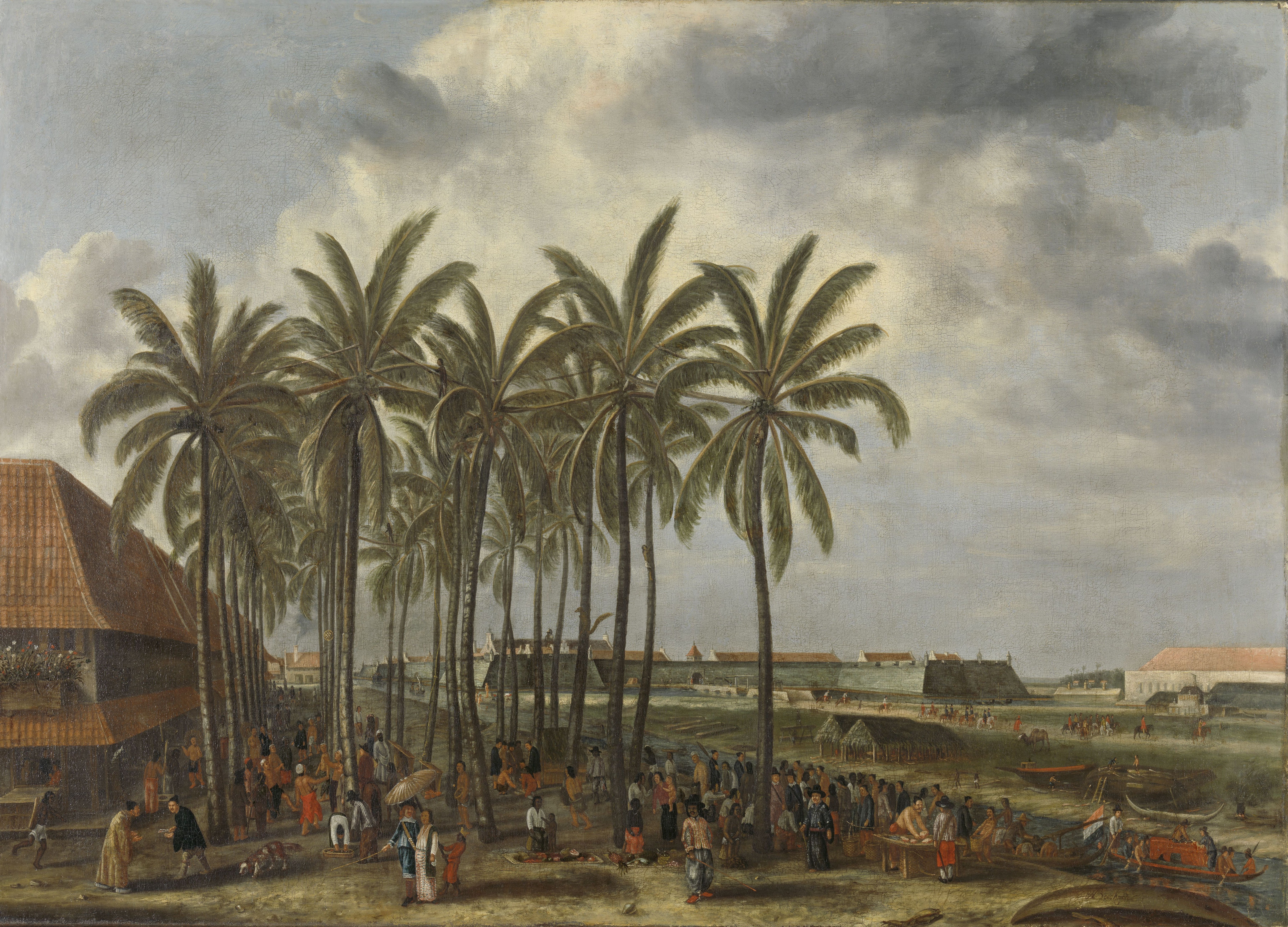Resilient diversity: The governance of racial and religious plurality in the Dutch empire, 1600-1800
How did Dutch colonial institutions govern diversity in North America, the Caribbean, Western Africa and Asia? How can we explain these institutions’ resilience and their lasting impact on modern systems of governance of diversity?
- Project lead: Ulbe Bosma, Matthias van Rossum
- Grant: € 749,840 (€ 316,920 IISH) by NWO
- Start: 2017
- Partner: Leiden University
The Dutch trading companies left a legacy of locally embedded institutions for social control in their colonies across the globe. These ranged from the judicial system of the Netherlands-Indies to the racial passenwetten of South Africa. To explain the historical success and resilience of these institutions, this project poses two questions:
- How did Dutch colonial institutions govern diversity in North America, the Caribbean, Western Africa and Asia?
- How can we explain these institutions’ resilience and their lasting impact on modern systems of governance of diversity?
Our approach abandons existing historiographical traditions that attribute the way in which the Dutch administered diversity in their settlements either to a principled religious tolerance rooted in the Dutch Republic or to a divide-et-impera attitude towards cultural specificities. Our point of departure is the way Dutch trading companies combined their roles as employers and rulers over the diverse populations in the colonies they ran.
This ambitious research agenda can be developed thanks to infrastructural efforts to digitize and index judicial VOC and WIC archives for Batavia, Cochin, Paramaribo, Colombo, Elmina, New Netherlands and Pernambuco. Other important sources include the local bylaws and ordinances and the increasing number of digitized archives of Dutch overseas administrations. When combined, these provide crucial insights into the interplay between the normative level (law, regulations) and the praxis (practice of the law and hence social control). Court records will thus be used to study mobility, sexuality, and labor as the main mechanisms of social regulation.
Project info
- IISG staff: Prof Ulbe Bosma (supervisor) and Dr Matthias van Rossum (co-supervisor)
- Leiden Partners: Prof Cátia Antunes and Dr Karwan Fatah Black
- PhD project by Alexander Geelen
- This project is funded by NWO.
- Runtime of the project: 2017-2021
- IISH does this project in partnership with: The research programme Cities, Migration and Global Interdependence (CMGI), of the Institute for History of the University of Leiden



